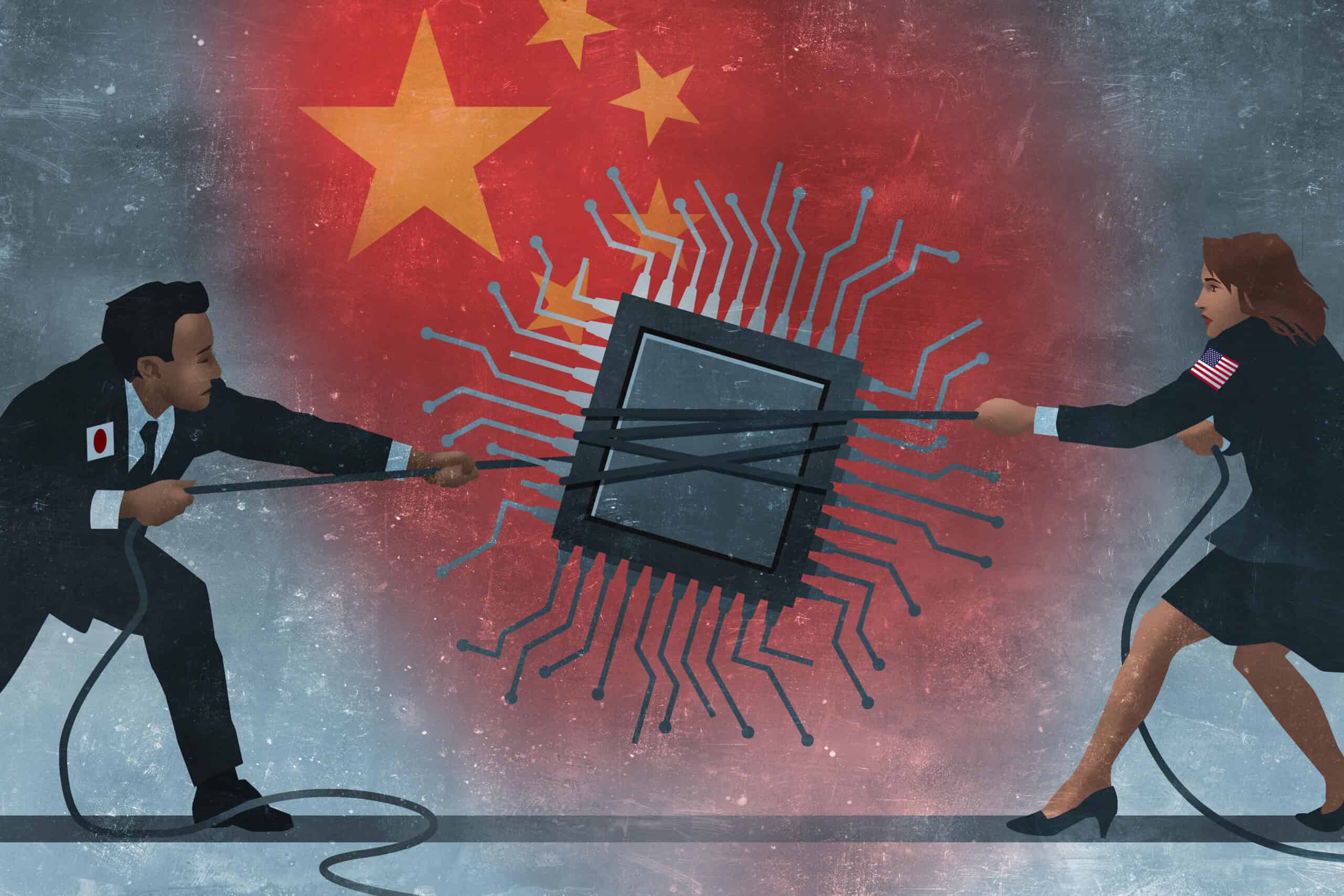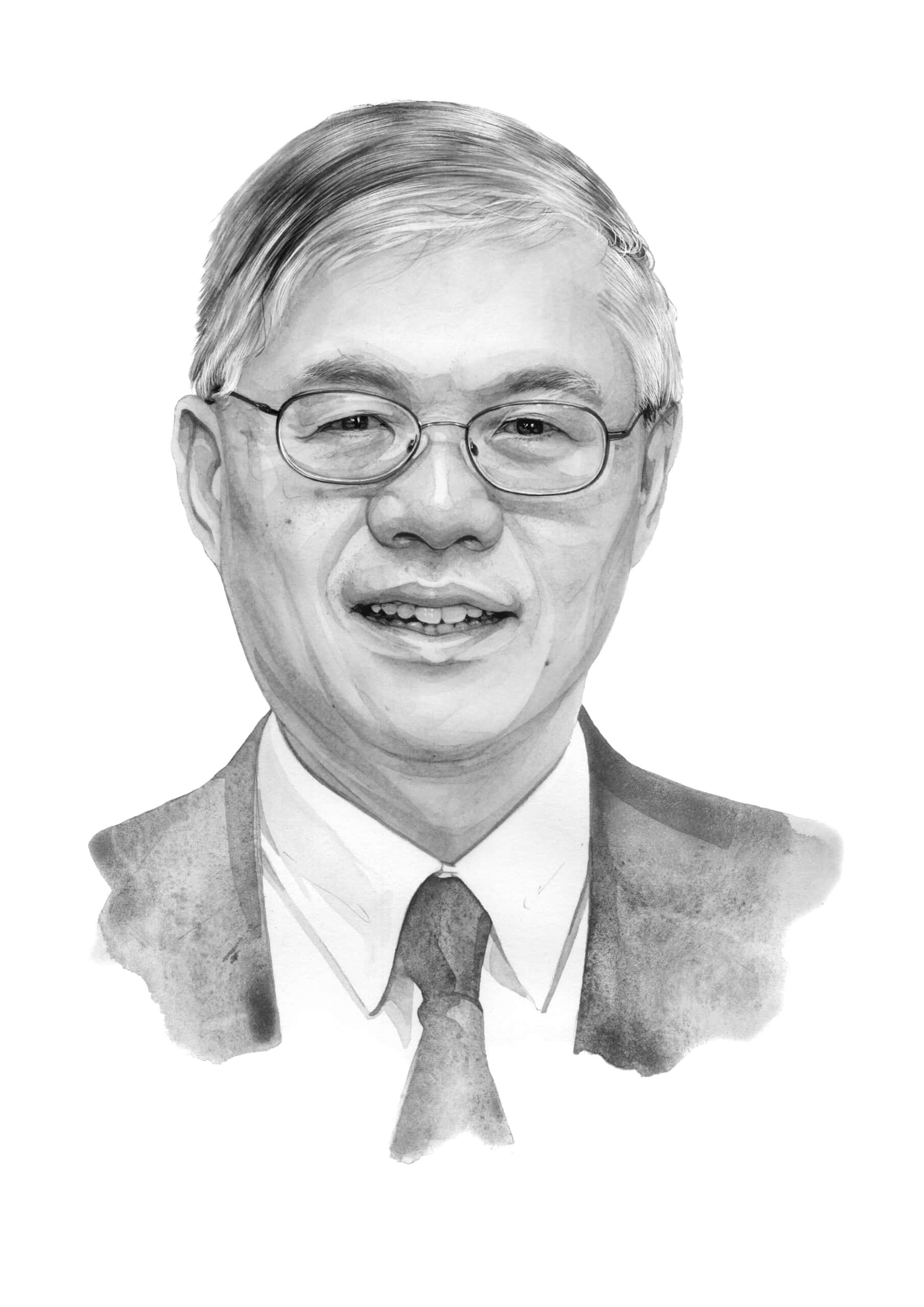Mark Dreyer is a journalist and founder of China Sports Insider, a news website that covers China’s sports industry. Based in China since 2007, his book, Sporting Superpower: An Insider’s View of China’s Quest to Be the Best, follows developments in China’s burgeoning sports industry since the 2008 Summer Olympics in Beijing. He was formerly a soccer reporter with Sky Sports in the UK, and has been a reporter and producer for Fox Sports and AP Sports in the United States.
Mark Dreyer.
Navigate China's Business Landscape with Confidence.
- Gain visibility into supplier risks
- Easily manage trade compliance
- Conduct in-depth due diligence



